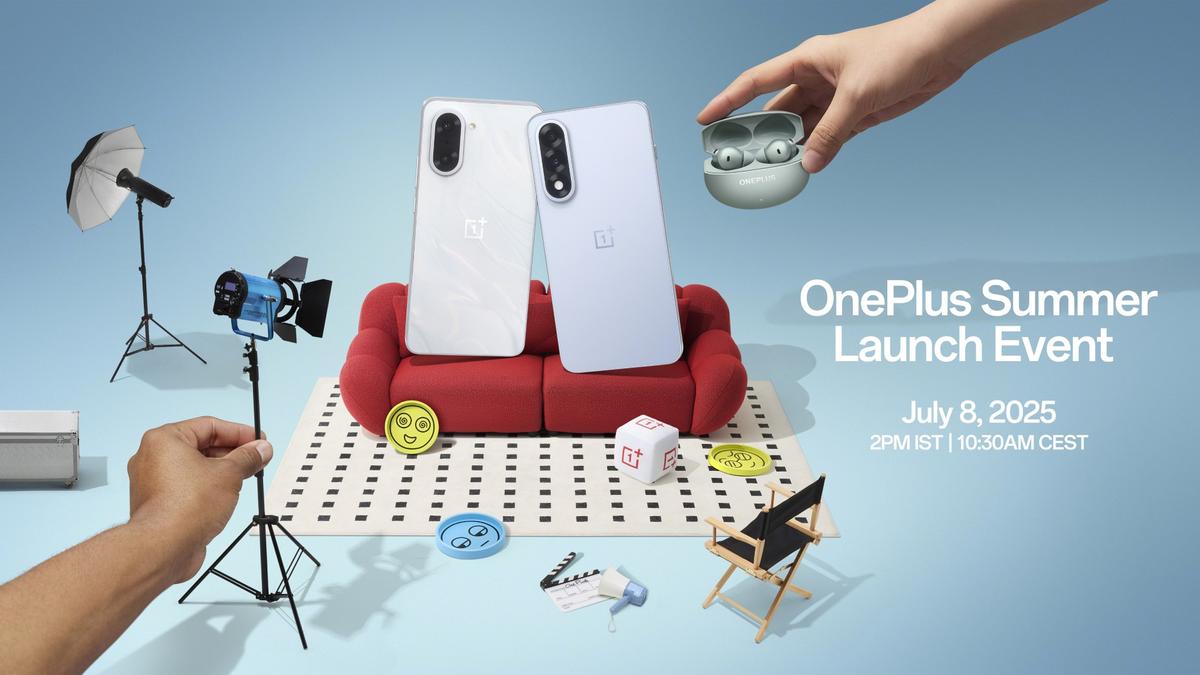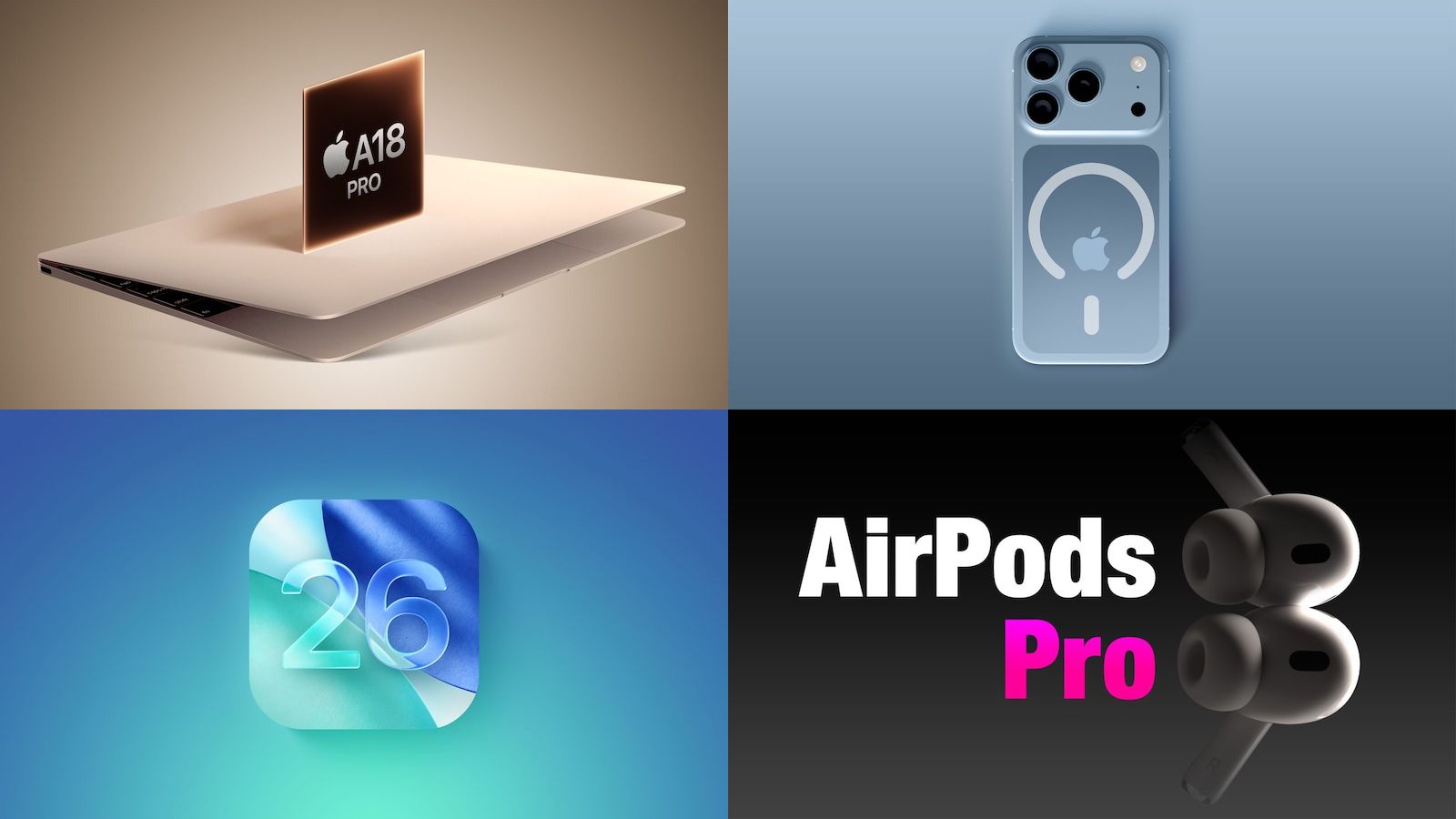Epic Games Settles Antitrust Dispute with Samsung, Signaling Change for Mobile Gaming

Epic Games has announced a settlement with technology giant Samsung after initiating a lawsuit against both Samsung and Google last year over antitrust violations. This legal action is expected to represent a crucial turning point for players of Fortnite and other titles developed by Epic Games.
While the specific terms of the settlement remain undisclosed, the lawsuit primarily focused on Samsung's practices that hindered the installation of apps on its mobile devices. Epic Games highlighted that these restrictions made it significantly more challenging for users to install their popular games, including Fortnite. In fact, Epic stated that obtaining access to its games required navigating through an arduous process of 21 steps, primarily due to Samsung's Auto Blocker feature, which prevented the installation of certain apps.
In a recent communication with CNET, Epic Games referenced a post made by CEO and founder Tim Sweeney on the social media platform X. Sweeney shared that, following productive discussions between the two companies, Epic has decided to dismiss its court case against Samsung. He expressed gratitude towards Samsung for agreeing to address the concerns raised by Epic.
This settlement is interpreted by industry experts as yet another triumph for Epic Games amid its broader legal struggles. Chris Hewish, Chief Strategy Officer at Xsolla—a financial services company catering to game developers—asserted that this development, combined with the increasing focus on developer rights, indicates a significant shift in the landscape of mobile game monetization that has long been necessary. Hewish commented, "For over a decade, developers have been confined to restrictive ecosystems that limit their ability to build relationships with players, offer value, and retain revenue. Now, that era is ending."
As of yet, Samsung has not provided any comments regarding the settlement. Meanwhile, Epic's legal battles with other tech giants, specifically Apple and Google, continue to unfold.
In related news, the Federal Trade Commission recently extended the deadline for players to claim their share of a $245 million settlement related to Fortnite. This new deadline has been set for July 9.
Implications for Fortnite Enthusiasts and Epic Games Players
Epic Games has consistently maintained that the restrictions imposed by Apple, Google, and Samsung are anticompetitive. These restrictions have compelled the company to comply with the rules established for the Apple App Store and Google Play Store. Notably, Epic Games has been required to give a portion of its sales from app purchases to Apple and Google. Additionally, Epic has faced limitations on directing users to its own storefront, the Epic Games Store, which they argue hampers consumers’ ability to enjoy games like Fortnite and Fall Guys without relying solely on the App Store or Google Play.
In a strategic response to these challenges, Epic Games originally made Fortnite unavailable for play on iOS devices; however, they later reversed this decision. The companies involved—Apple and Google—defend their app stores by claiming they enhance security and protect consumers from potential privacy threats that could arise from third-party app ecosystems.
Hewish, a seasoned executive with prior experience in major gaming companies like Activision, believes that the recent changes affecting app stores and platform management signal an important evolution towards a more open and equitable environment for mobile game developers. He emphasized that the capacity to guide players from in-game experiences to branded web shops is essential for achieving higher profit margins, fostering stronger customer relationships, and developing more reliable monetization strategies.




























